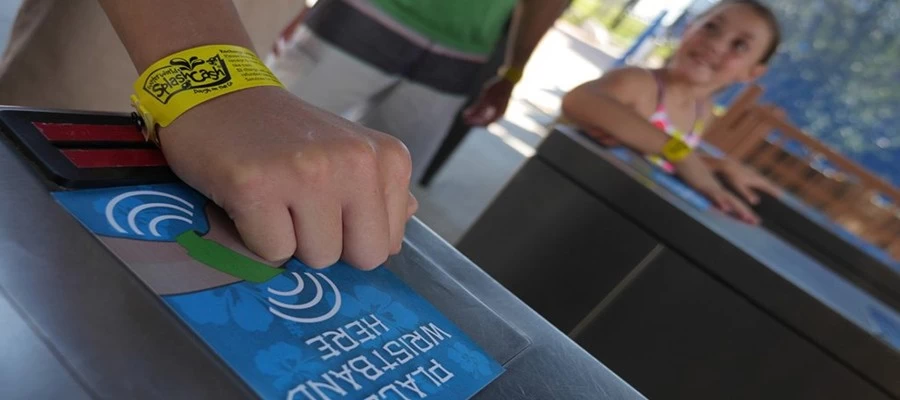How Do RFID Wristbands Work? The Technology Behind Cashless Payments & Secure Access

RFID (Radio Frequency Identification) wristbands have become a popular tool for events, festivals, hotels, and even healthcare systems. But how exactly do they work?
The Basics of RFID Technology
RFID wristbands contain a small microchip and an antenna that communicate via radio waves with a reader device. When the wristband is scanned, the chip transmits stored data—such as a unique ID, payment details, or access permissions—instantly and without physical contact.
Key Applications
-
Cashless Payments – Many festivals and resorts use RFID wristbands for secure, touch-free transactions. Users simply tap their wristband to pay.
-
Access Control – Hotels and VIP events use them to restrict entry to authorized guests.
-
Healthcare & Identification – Hospitals employ RFID wristbands to track patients and manage medical records efficiently.
Security & Privacy
While RFID wristbands are convenient, concerns about data security exist. Most modern systems use encryption to protect user information. Additionally, some wristbands can be deactivated if lost.
The Future of RFID Wristbands
With advancements in Near Field Communication (NFC) and biometric integration, RFID wristbands are evolving into even smarter wearable devices. Experts predict wider adoption in smart cities and contactless services.
Would you trust an RFID wristband for payments or access? Share your thoughts!



